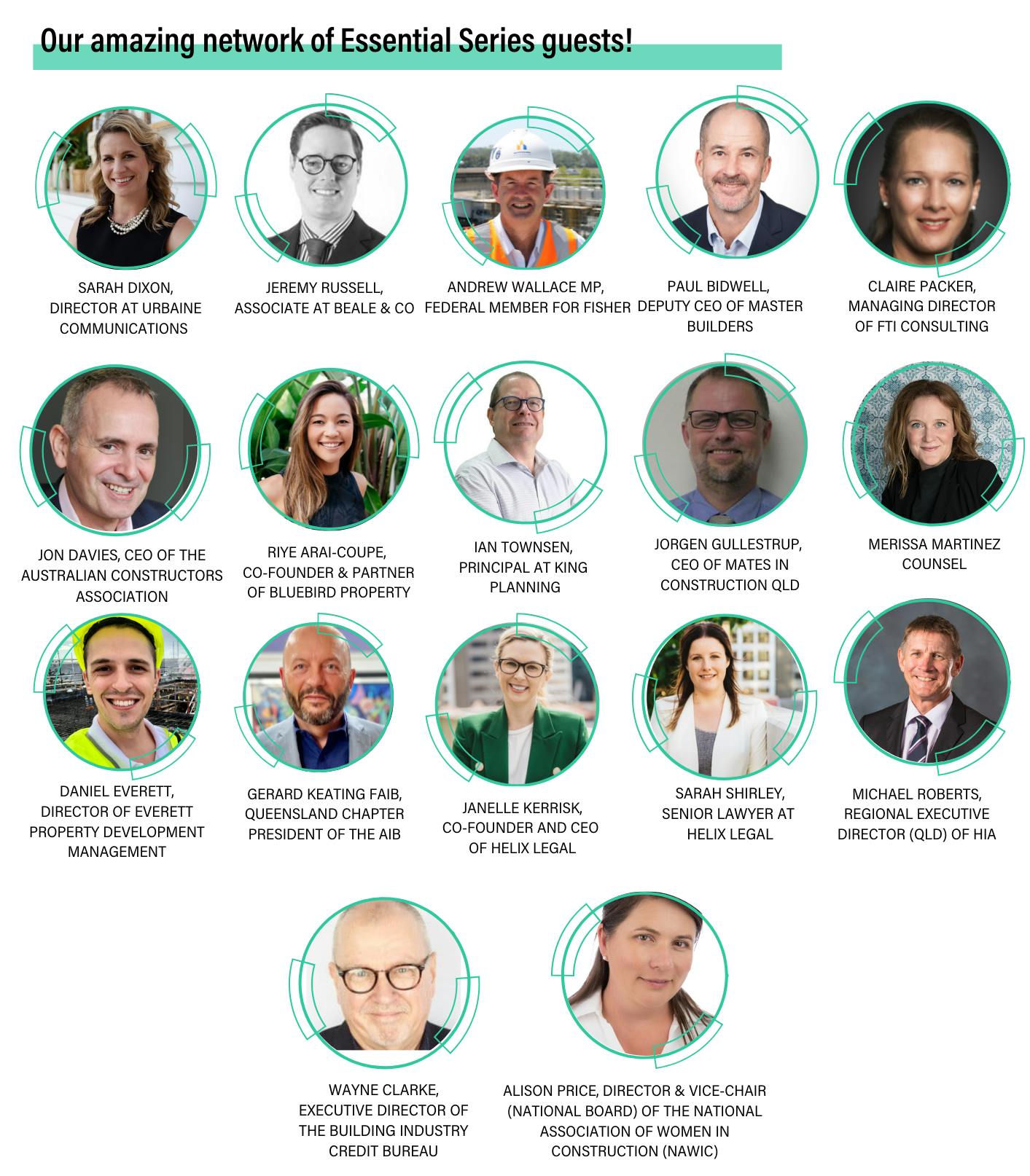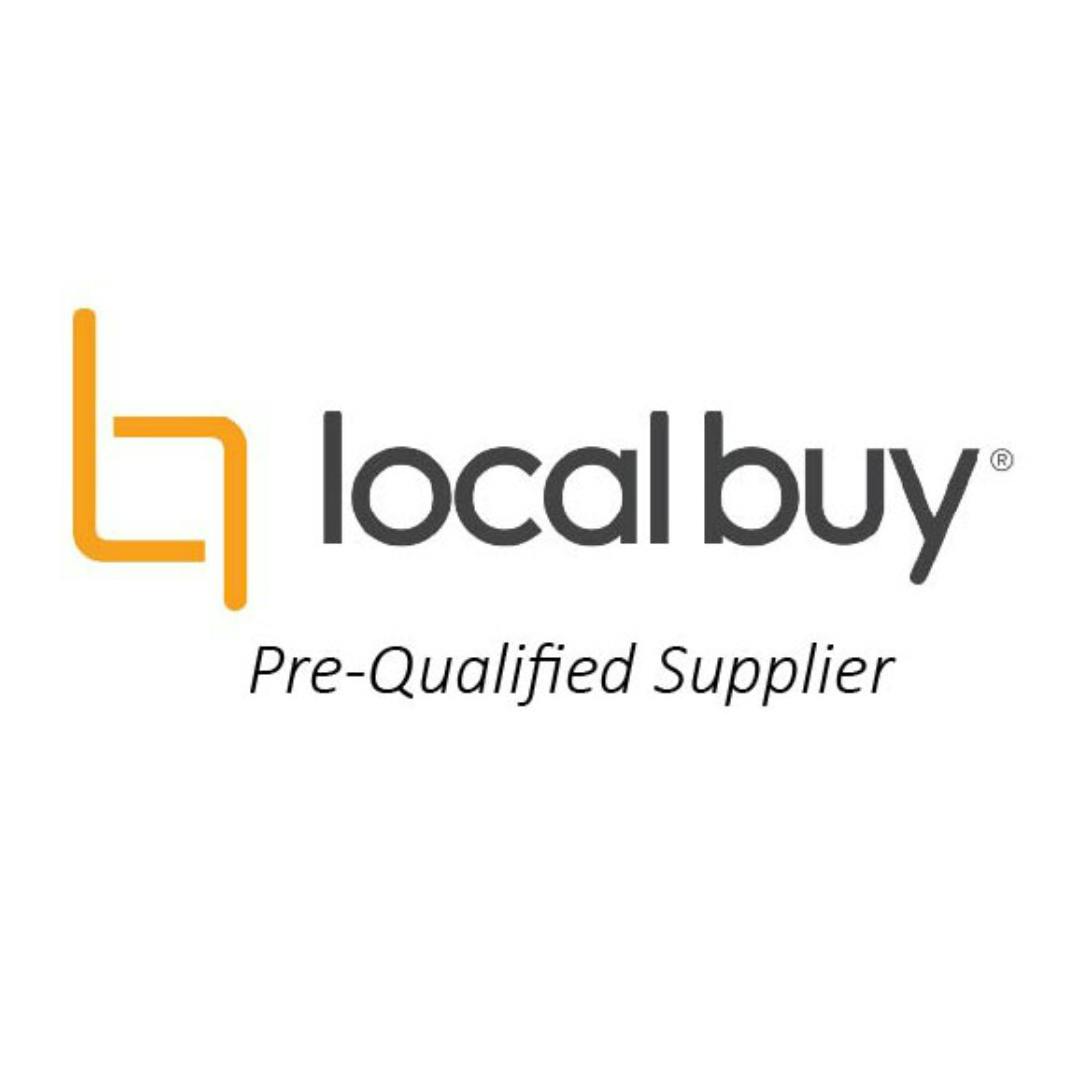Before people criticise me for using the word ‘woke’ in this heading, I would like to explain what woke means to me.
Woke implies an awakening to social issues.
I recognise that woke may mean different things to other people because of the way it is employed these days when many social issues are discussed. However, woke has a particular meaning to me and I have fashioned this article around this view.
I believe that for too long industry parties have represented themselves in a very narrow, conservative, and circumspect manner. For this article, I am limiting industry parties to be:
- clients (government and private);
- head contractors; and
- subcontractors.
For example, when I look at most head contractors or subcontractors’ websites, I rarely learn anything other than what they specialise in and any awards they may have obtained over the years. I am virtually always none the wiser in terms of their social values.
There are lots of general assertions that they represent good value for money and excellence in everything they do of a building and construction nature, but usually nothing about how they view their commitment to ensuring a more sustainable and better work/life balance, as well as increasing diversity in the industry.
Furthermore, while not being dismissive of the many and varied challenges facing the construction industry, in many instances when I read articles on this issue, I do not note any recognition of the need for social and community issues to be considered and addressed.
By way of example, I recently came across this online article that listed the top 10 issues facing the industry, namely:
- Lack of skilled labour.
- Insufficient cash flow.
- Poor planning and safety risks.
- Communication.
- Excessive insurance costs.
- Equipment failures.
- Document Management.
- Lack of a Business Plan.
- Onsite theft and vandalism.
- Insignificant profit margin.
There is no doubt, these identified issues are very important. However, I am of the view that in 2021, the failure of industry parties to recognise social issues is a major misstep. To put it more bluntly, industry parties would have to be tone death and not reading the room if they fail to factor in addressing social issues in their business planning.
The upside for industry parties behaving in a socially responsible way is that it is not only the right thing to do but makes good business sense.
Some social issues have been recognised.
1.–I have noted an increased acknowledgement and urgent need for solutions to be found to the unacceptably high incidence of suicide in the industry. I attribute this development to the amazing work done by MATES in Construction.
In 2020 I had the pleasure of interviewing Jorgen Gullestrup, CEO of MATES in Construction, Queensland.
2. Contractors have also made great strides to improve the health and safety of their people.
3. I also believe that clients are generally far more committed than contractors are to addressing social issues, but that is hardly surprising given they have a relationship with the local community.
Other social issues requiring awareness.
1.–Increased representation of women.
In an article entitled I choose to challenge the underrepresentation of women in 2021, I stated:
“In a March 2019 media statement, the Chief Executive Officer of Construction Skills Queensland indicated that the construction industry was one of the slowest industries to record increases in female participation in the last 30 years. He stated concerning tradespeople:
“While the representation of women in the Australian workplace has improved dramatically since the 1970’s, this has unfortunately not been mirrored in the construction industry,” Mr Schimming said.
“Women currently account for less than 3% of all construction tradespeople in Australia – this compares to 51% of the non-construction workforce,” he said.
“Women are in even smaller numbers in the top three trades of electricians, carpenters and plumbers, with less than 4000 women across Australia working in these trades; only 1% of this group.”
Things are only marginally better when looking at the industry from an all-encompassing employment basis. In a report by the Australian Contractors Association titled Constructing the Future. A framework for a more sustainable construction industry, it is stated that concerning the over 1.1 million persons employed:
“Critically, the construction industry is still an extremely male- dominated environment which itself can be a constraint on attracting women into the sector. The industry has a significantly higher proportion of men relative to the average across all industries. In 2020, the construction industry was comprised of 12% women and 88% men.”
2. Improved designed building enhance the quality of life and wellbeing.
3. Increased support for local community groups
4. Greater amount of time spent and resources provided to charitable activities.
5.–Improved design and construction of community spaces, such as lighting, cycle paths, landscape, and so on.
6.–Accountable purchasing.
7.–Reducing waste.
8.–More internships and work experience programs.
9.–Supporting apprenticeships.
10.–Flexible and ‘family friendly’ working arrangements for employees.
In an article entitled Regulators and the industry must partner up, I referred to an initiative by Roberts Co where the company has introduced a five-day working week at a major project in Sydney.
The CEO of the company, Alison Mirams, is quoted as saying in an article:
“What we are seeing is improved productivity out of workers when you say to them, ‘you can have a Saturday off if you work harder Monday to Friday’.”
11. Career management, mentoring and training programs.
12. Minimising payment delays in the supply chain.
13. Energy efficiency initiatives.
Final thoughts.
I accept that not all industry parties have a business profile where addressing all these social issues could be a feature of their business operations.
However, to the extent relevant, I believe that industry parties must be prepared to open their businesses up for greater analysis of their values and beliefs in a transparent manner.
The important message I am trying to convey to industry parties is that in 2021, they must be prepared to disclose to the marketplace more insight than, for example, competitive pricing and good quality work.
As a business operating in the construction industry, we at Helix are ‘walking the talk’ when it comes to supporting industry parties embracing innovation and publicising significant social issues through several initiatives.
Our Innovation Series
Each year we host a series of innovation events for the construction industry. In 2020, we held our event virtually via Zoom and we lucky to be joined by Michael Garrone of Mage Advisory and Justine Ansell of IR Legal. Watch a short clip from the 2020 Innovation Series below.
Last year’s Helix Essential Series
Last year, we hosted 17 episodes of the Helix Essential Series live on Facebook and Zoom where we spoke to a broad range of guests featured in the inforgraphic below. All of our episodes are available for you to watch on our YouTube Channel.

This year’s Build Back Better Podcast
Emerging from the ruins of 2020, the construction industry has a unique opportunity to reset how it operates by establishing improved business and client relationships. Hear from industry leaders and experts about how the construction industry can build back better in 2021 in our new podcast live on Apple Podcasts and Spotify, or watch on our YouTube Channel.
In our first episode, we were joined by Kate Raymond, Assistant Commissioner (Services Trades & Regulatory) of the Queensland Building Construction Commissioner. In this short clip, Kate discusses the key dates in the implementation of the new trusts regime which commenced in March 2021 and will finish rolling out in January 2023.
Sponsorship of the Future of Construction Summit 2021
We are proud to have collaborated with Morrissey Law + Advisory as joint legal partners of the Future of Construction Summit 2021 by Future Place. The Summit brings together construction companies, engineers and architects to explore innovations and strategies for improving processes and workflow to drive the efficiency, safety and sustainability of construction projects including robotics, artificial intelligence, generative design and automation.




